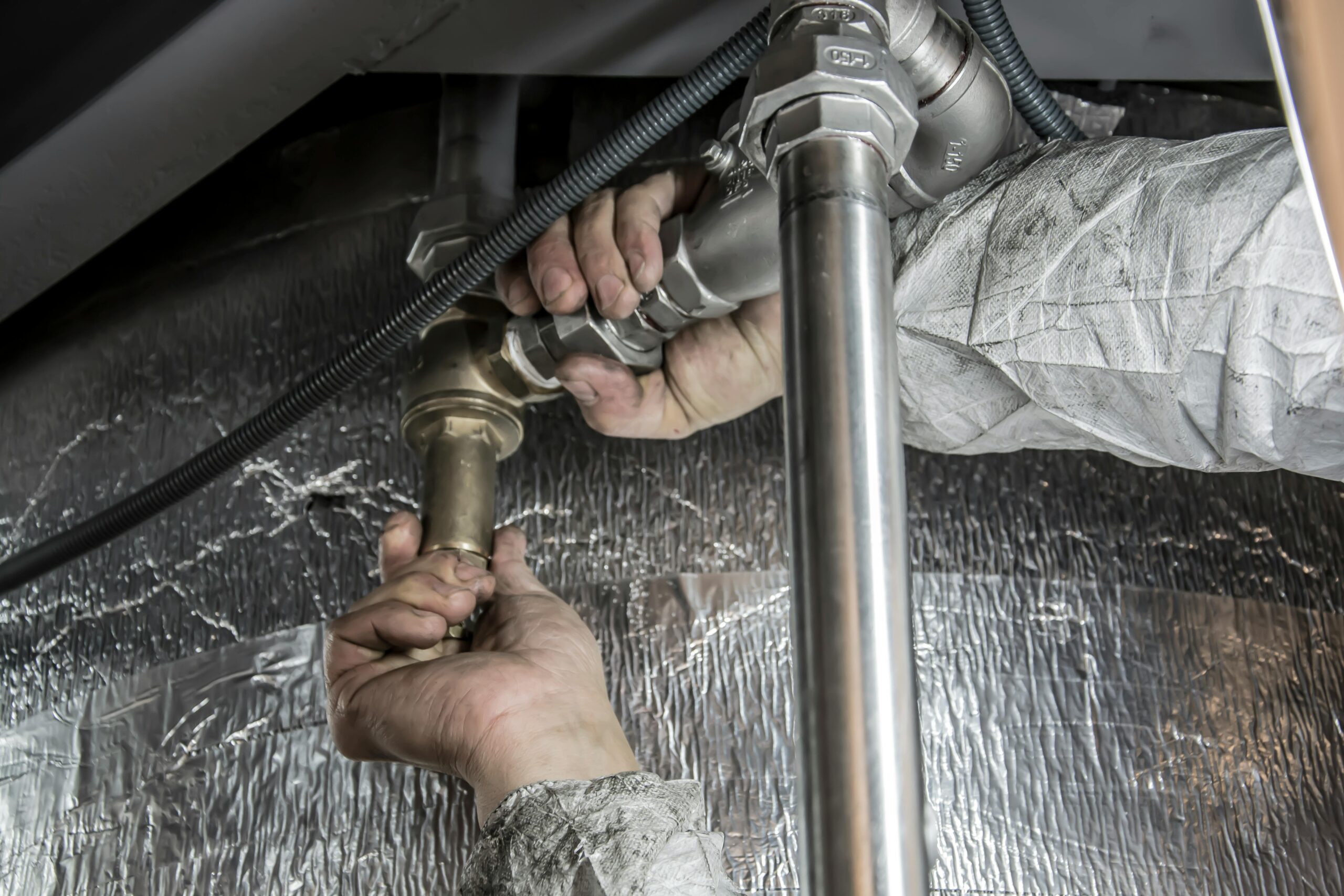Knowing the basics of home plumbing maintenance doesn’t simply provide a sense of independence and achievement, it can also save both time and money. By managing minor issues before they turn into substantial problems, you can steer clear of expensive emergency repairs. In this blog post, we will guide you through essential aspects of home plumbing maintenance that every homeowner should be aware of.
The Importance of Plumbing System
The plumbing structure in your house plays a vital role in your day-to-day life. From providing clean water to get rid of waste, its importance cannot be understated. Therefore, having an excellent understanding of how it works allows you to detect any issues early and quickly take action to fix them. Such knowledge also enables you to effectively communicate with professionals like Fergusons Plumbing Group on LinkedIn when more complex issues arise.
Basic Plumbing Layout
Your home’s plumbing system largely consists of two subsystems – the water supply system and the drainage system. The water supply brings freshwater into your home while the drainage carries wastewater away. Knowing the layout aids in troubleshooting problems or implementing improvements.
Frequent Plumbing Issues
Common plumbing problems include dripping faucets, leaky pipes, running toilets, low water pressure, and slow or clogged drains. Understanding why these issues occur helps in formulating effective solutions.
Dripping Faucets
A faucet dripping constantly might seem insignificant at first but can lead to significant water loss over time. This problem often arises from a worn-out washer inside the faucet handle which needs replacement.
Leaky Pipes
Leaky pipes are generally due to deteriorating pipe joints or drastic temperature changes causing the pipes to crack. Regular inspection can prevent water damage caused by such leaks.
Running Toilets
A toilet that continually runs even when not in use often signifies an issue within the tank components, such as a problematic flapper seal or fill valve. Replacing these parts usually resolves the problem.
Low Water Pressure
If water trickles instead of gushing from your faucet, you may be experiencing low water pressure. This can sometimes be caused by sediment buildup in aerators or more severe issues like hidden leaks.
Slow or Clogged Drains
If water slowly drains from your sink, shower, or bathtub, it typically indicates a partial blockage that could become worse if not cleared. Regularly cleaning your drains helps keep them free from obstructions.
Detecting Water Leaks
Water leaks might not always be apparent until they cause considerable damage. Keep an eye out for unexplained damp patches on walls or floors, mildew smells, or an unexplained increase in your water bill. Besides being costly, excessive moisture can encourage mold growth which poses health hazards.
Hiring Professional Help
Sometimes, plumbing issues become too complex for DIY solutions and need professional intervention. Recognizing when to hire professionals rather than trying to deal with the issue yourself can save you money in the long run and ensure a safe and effective solution is implemented.
Maintaining Your Plumbing System
Regular maintenance is critical to keeping your plumbing system running optimally and prolonging its life span. This includes activities such as consistently checking for leaks, draining sediment from water heaters, insulating pipes during winter, and cleaning drains regularly.
The Importance of Emergency Preparedness
Establishing a proper plan for plumbing emergencies is essential. This includes knowing where your main water shut-off valve is located, having basic plumbing tools at hand, and having a trusted professional plumber’s contact readily available.
Enhancing Your Plumbing Knowledge
Taking the time to educate yourself about home plumbing maintenance has numerous benefits, from saving money to easing stress when problems arise. The more you understand your home’s plumbing system, the more effectively you can prevent or respond to issues as they occur.
Taking the Next Step
Owning a house comes with responsibilities and maintaining an efficient plumbing system ranks high on the list. Armed with this basic knowledge of how the different aspects of your home’s plumbing system work, and how they need to be maintained, you are well-equipped to handle common plumbing problems. However, no matter how handy you are around the house, ensure to call in professionals when needed. It is all about knowing when to DIY and when to dial for help!
